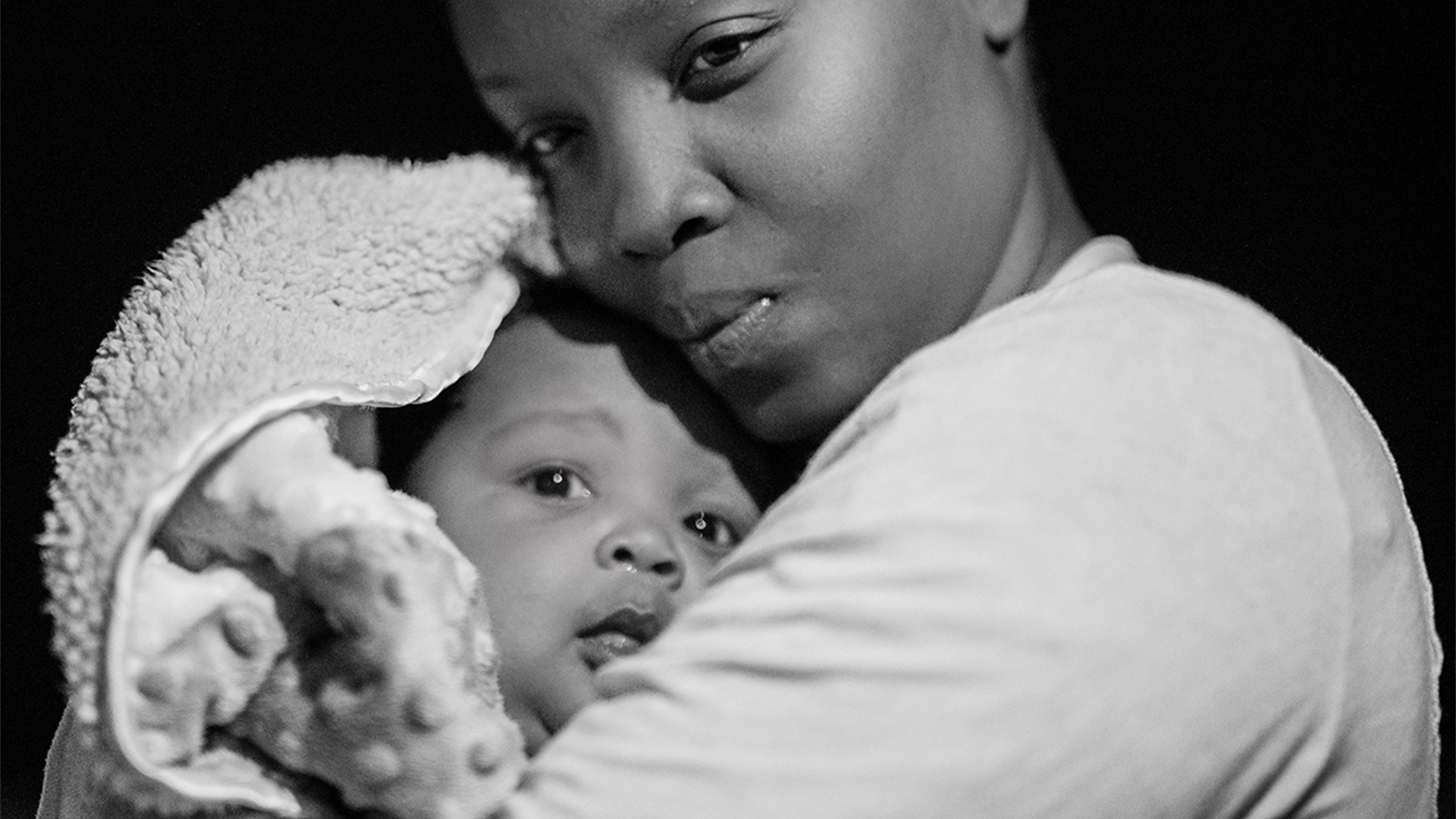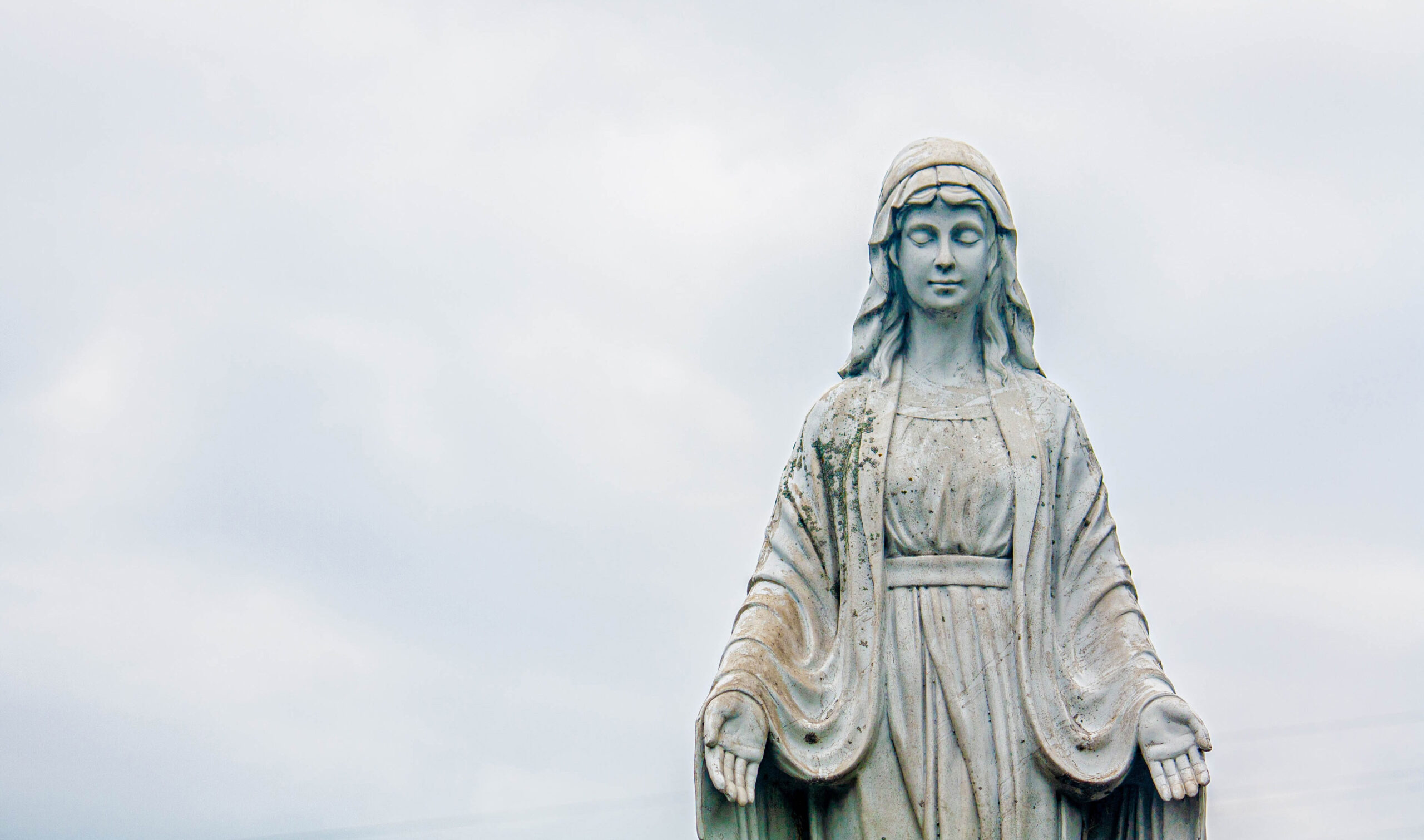You’ve occupied a professional space within conservative evangelicalism, which — right or wrong — is not always assumed to be the most inclusive space for women and people of color. How have you found that to be true or untrue?
In the places I have worked, there has been an effort to diversify, or an effort to move their conversation about race and racial diversity forward. But I think I’m the lucky one. I have definitely had tensions. There have been tensions, where I’d see leadership call for diversity yet the leadership group itself remain predominantly white.
Other tensions I’ve felt are more from being a woman than from being an African American. Knowing that my voice and my mind matters, and that I value where the organization goes, if I’m going to be displayed as a leader, then I’d better be a leader. Otherwise, I’m a token. I’ve had to just say, “If you’re going to use my likeness, I’d better be at the table, actually making decisions. Otherwise, you’re using me.”
For the organizations trying, what do you hope for?
It all really depends on what they’re looking to do. Are they saying, We want to reach more people who are ethnically diverse? If so, I’d say your leadership needs to be diverse.
If you’re going to say you desire to build diversity, but you aren’t willing to diversify your staff, then you’re probably not going to succeed in that effort. At least, it’s going to be very difficult. And that would be my encouragement, and challenge, to any leader who wants to diversify.
What about the church?
One of the things that I’ve realized is that we’re often asking Black people to assimilate. And I think I’ve become more aware that the call to diversity is a good one, and one that I stand by. But to do that, we need to make sure we are ready to change everything besides the preaching of the Word, right?
But if we’re not willing to look at these things that are flexible and can change, then what we’re doing is saying, Hey, would you come and be a part of what I’ve already established and fit in? And that’s not loving, and it’s not how families operate.
When I first joined my church, I was asked, “What can we do better?” And I said, “You’ve got to diversify the music some way.” That doesn’t mean we all of a sudden have to start singing gospel music, but your music is so mono-cultural. We want to make sure when we’re making calls for diversity, we’re doing it in such a way that it serves and honors the people we’re asking to join.
What do you think that looks like?
Relationships are important. And I think that that makes a difference in the local church, that setting versus a debate stage, right? Getting on social media, and talking about these things, is going to look different than it will across the table from your fellow churchgoers. Even my neighbors, who we don’t go to church together, we have had conversations, one in particular, about some fears she had, and we had a real conversation about it.



